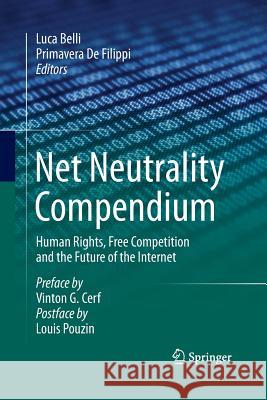Net Neutrality Compendium: Human Rights, Free Competition and the Future of the Internet » książka
topmenu
Net Neutrality Compendium: Human Rights, Free Competition and the Future of the Internet
ISBN-13: 9783319305875 / Angielski / Miękka / 2015 / 300 str.
Net Neutrality Compendium: Human Rights, Free Competition and the Future of the Internet
ISBN-13: 9783319305875 / Angielski / Miękka / 2015 / 300 str.
cena 402,53
(netto: 383,36 VAT: 5%)
Najniższa cena z 30 dni: 385,52
(netto: 383,36 VAT: 5%)
Najniższa cena z 30 dni: 385,52
Termin realizacji zamówienia:
ok. 16-18 dni roboczych.
ok. 16-18 dni roboczych.
Darmowa dostawa!
Kategorie:
Kategorie BISAC:
Wydawca:
Springer
Język:
Angielski
ISBN-13:
9783319305875
Rok wydania:
2015
Wydanie:
2016
Ilość stron:
300
Waga:
0.45 kg
Wymiary:
23.39 x 15.6 x 1.7
Oprawa:
Miękka
Wolumenów:
01
Dodatkowe informacje:
Wydanie ilustrowane











